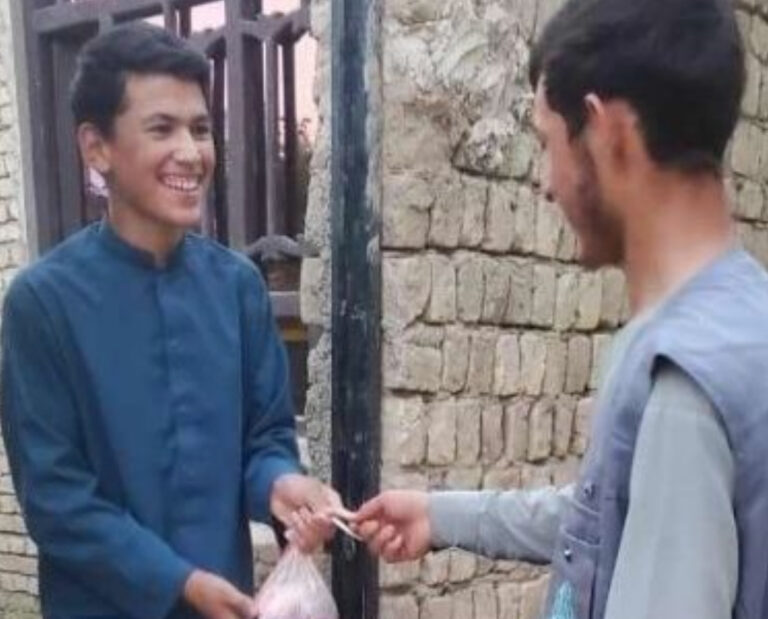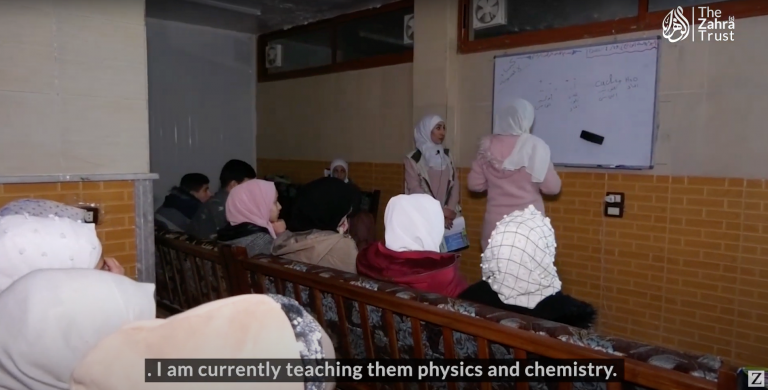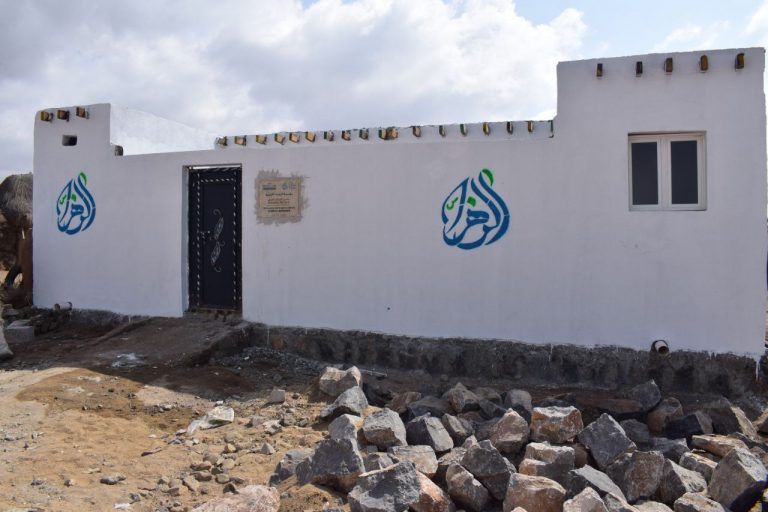Imam Sajjad (as): Hope After the Tragedy of Karbala
Karbala left an eternal mark on the heart of the Islamic world.
While many were tragically martyred on the Day of Ashura, there remained one silent witness who would carry forward the truth: Imam Ali ibn Hussain Zain ul-Abideen (as), also known as Imam Sajjad (as).
Though he was not on the battlefield due to severe illness, his resilience and faith helped keep the message of Karbala alive even after tragedy.
Learn more about the Battle of Karbala here.
The Silent Witness of Karbala
Imam Sajjad (as) was the only surviving adult male from the camp of Imam Hussain (as).
He witnessed the loss of his father, brothers, uncles, and companions. He saw the tragic aftermath of the survivors of Imam Hussain’s (as) family – and he carried this unimaginable grief with him for the rest of his life.
Yet through this, he remained steadfast.
Read more about the stance of Imam Hussain (as) and his family during the Battle of Karbala here.
Taken Captive – But Still a Warrior
After the tragedy, Imam Sajjad (as) was taken prisoner with the women and children of the Ahlulbayt (as) by the army of Yazid.
Shackled and weakened, he was taken from Karbala to Kufa and then to Damascus.
But even as a captive, he stood tall with dignity and courage.
In the court of Yazid, Imam Sajjad (as) fearlessly defended the Ahlulbayt (as).
“O Yazid! I put you on oath, in the name of Allah, just to imagine how the Holy Prophet will feel if he sees us in this condition?” (Imam Sajjad)
His speech stirred hearts and shook the conscience of a divided Ummah.
Rebuilding Faith After Tragedy
When Imam Sajjad (as) finally returned to Medina, his mission shifted from resistance to spiritual revival.
His most profound contribution was Sahifa Sajjadiya – a collection of powerful supplications, divine wisdom, and social ethics.
Imam Sajjad’s (as) words remain powerful today:
“Guard against the world as long as Allah has warned you against it. Renounce it as Allah wants you to renounce it.”
Through these heartfelt prayers, Imam Sajjad (as) connected a broken community back to Allah (swt).
The Legacy of Imam Sajjad (as)
Imam Sajjad (as) proved that resistance doesn’t always have to be loud. Sometimes, it’s the silent tears, whispered prayers, and unwavering faith that shape the future.
This Muharram, let us reflect on his life – a life of quiet strength, worship through hardship, and truth in the face of tyranny.
Imam Sajjad (as) bore illness with dignity even in the face of unimaginable loss. Inspired by his patience, you can bring hope to those suffering from illness today.
Frequently Asked Questions (FAQs)
Imam Sajjad (as), also known as Ali ibn Hussain (as), was the fourth Imam in Shia Islam and the son of Imam Hussain (as). He survived the Battle of Karbala due to illness and later became a spiritual leader known for his prayers, wisdom, and resilience in the aftermath of the tragedy.
Imam Sajjad (as) was severely ill on the Day of Ashura, which prevented him from participating in combat. However, his emotional and spiritual contributions after the battle were vital in preserving and spreading the message of Karbala.
Sahifa Sajjadiya is a collection of supplications and prayers authored by Imam Sajjad (as). It is considered a spiritual masterpiece that addresses topics such as justice, morality, devotion, and social responsibility, helping believers strengthen their connection to Allah (swt).
As a captive in Yazid’s court, Imam Sajjad (as) delivered powerful sermons exposing the cruelty of Yazid’s regime and defending the dignity of the Ahlulbayt (as). His words were instrumental in awakening the conscience of many Muslims.
You can honour Imam Sajjad’s (as) legacy by supporting charitable causes that reflect his compassion – such as healthcare aid for the ill and vulnerable. Donations toward medical packs, emergency care, or healthcare infrastructure help carry his message of hope into action.










